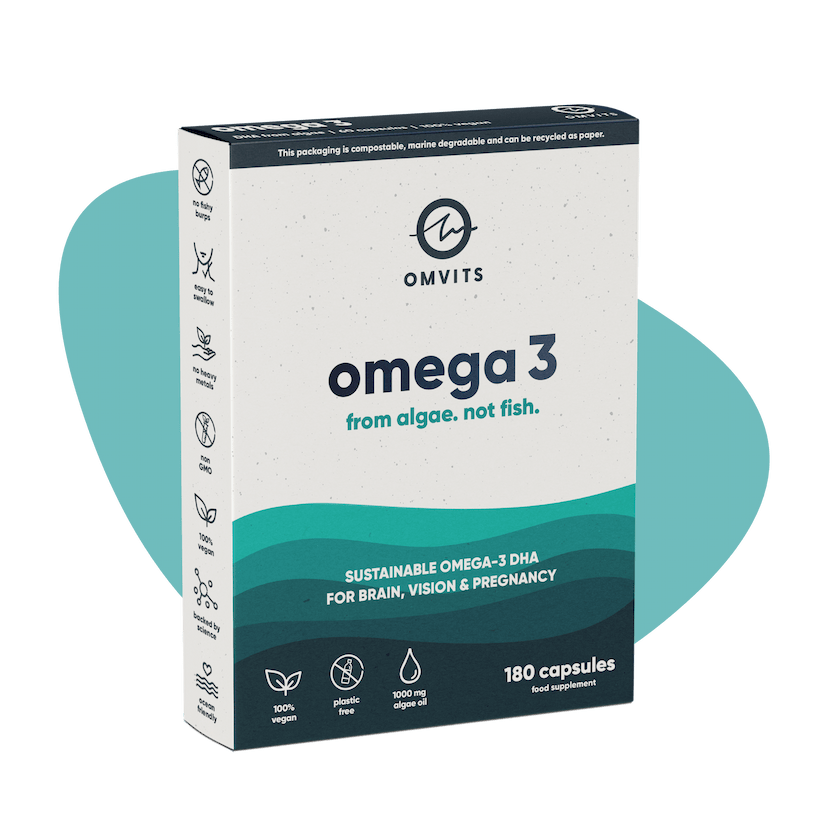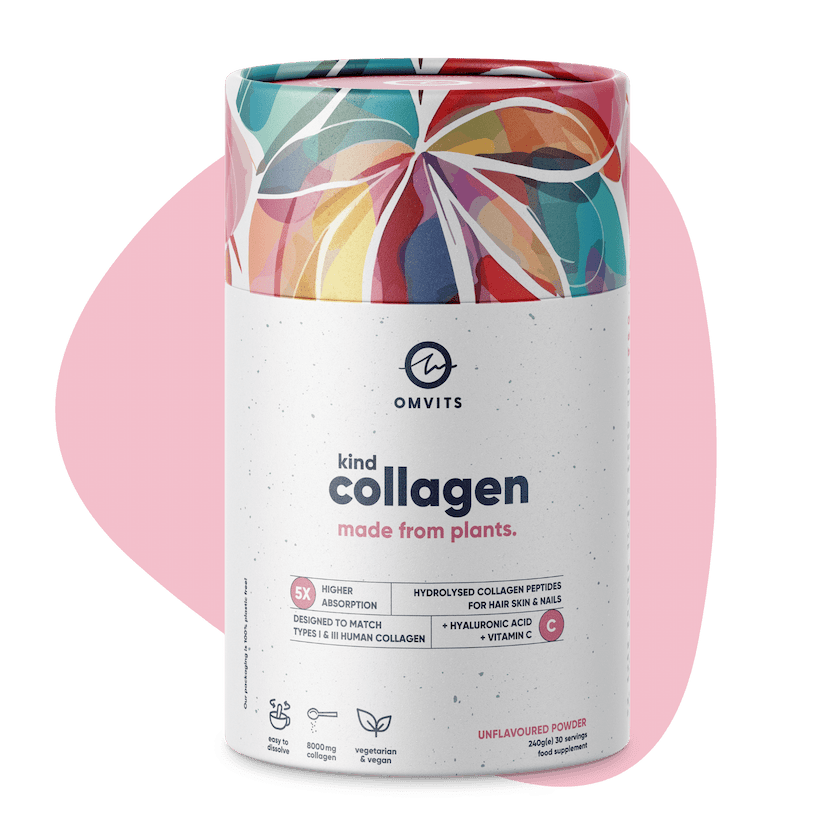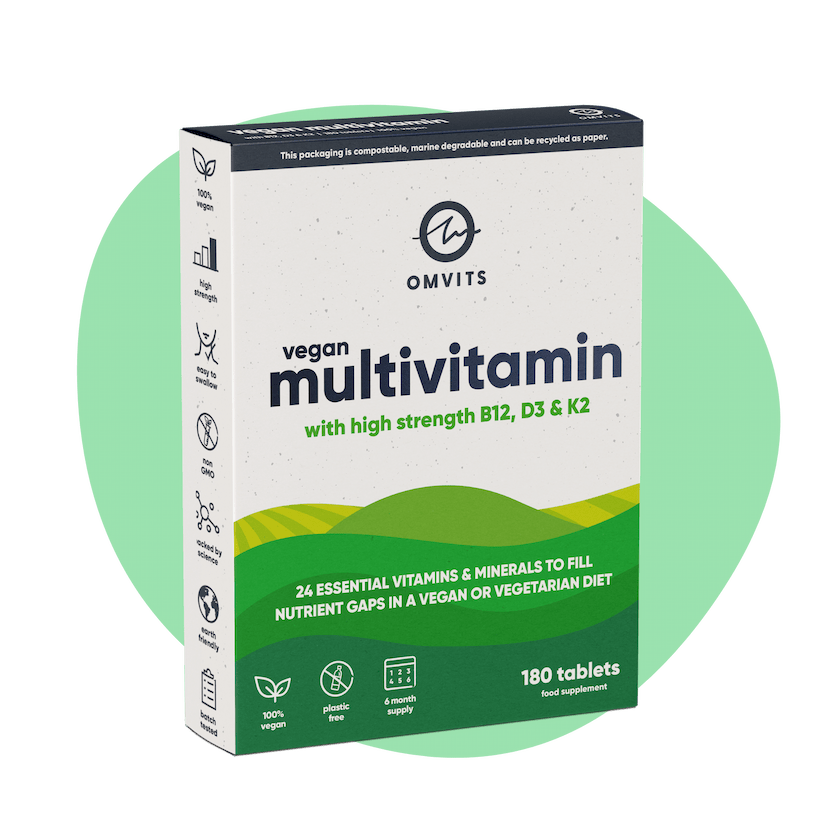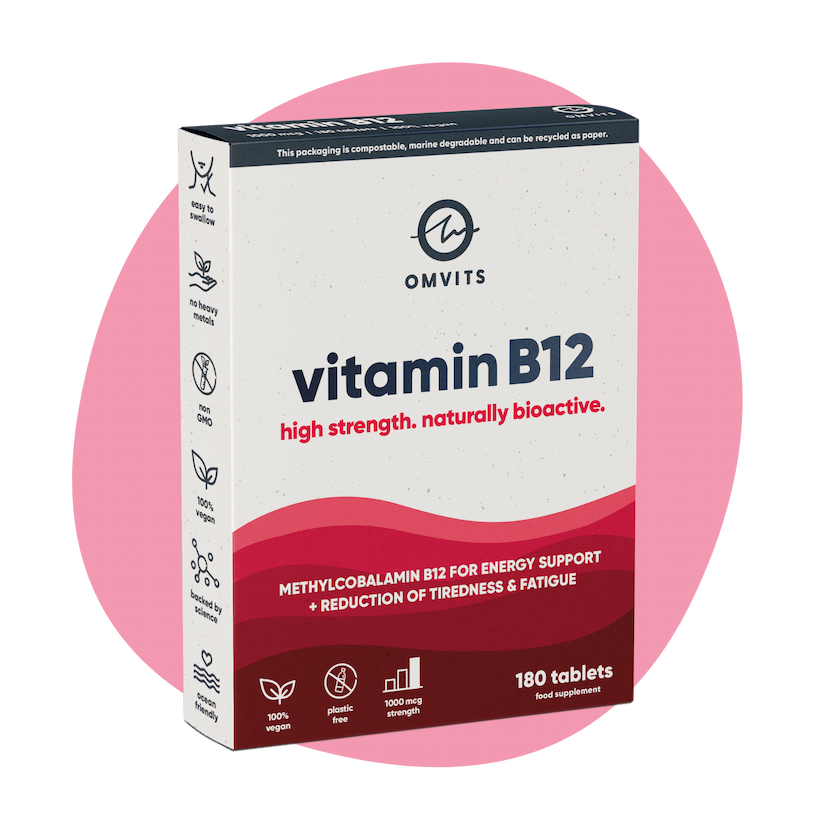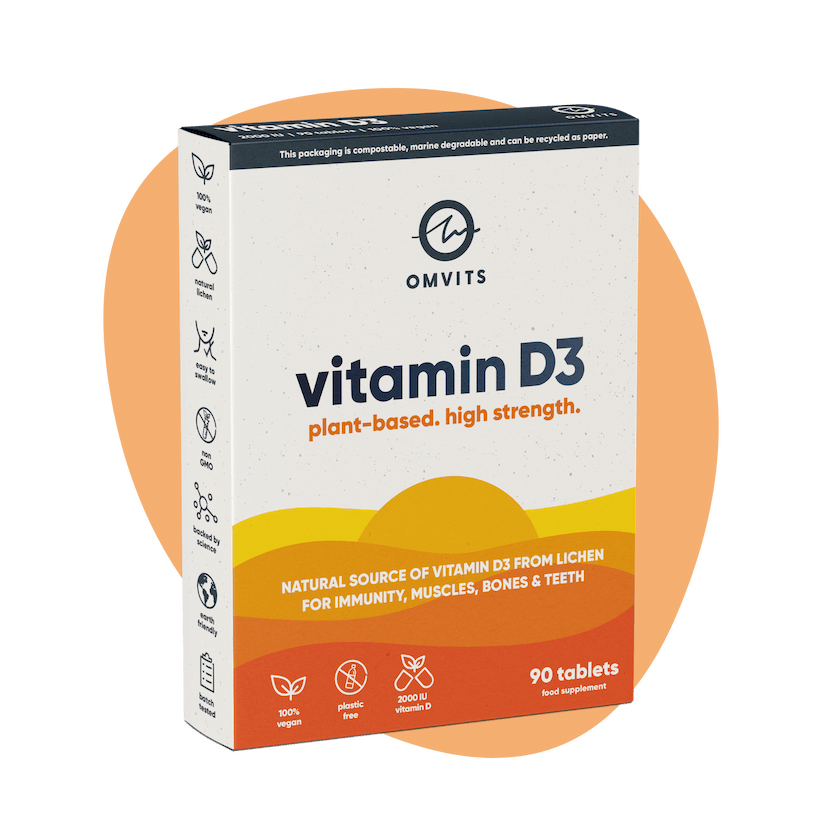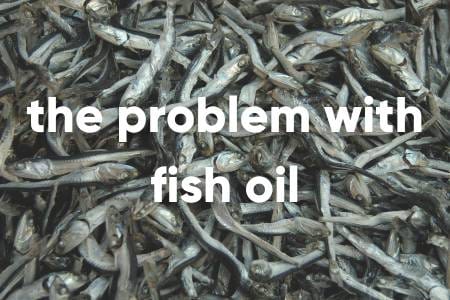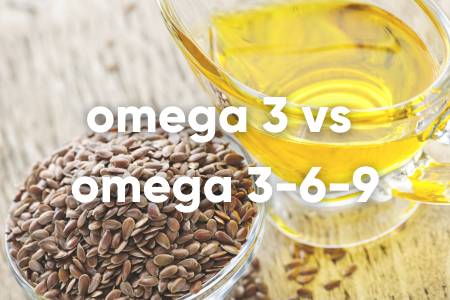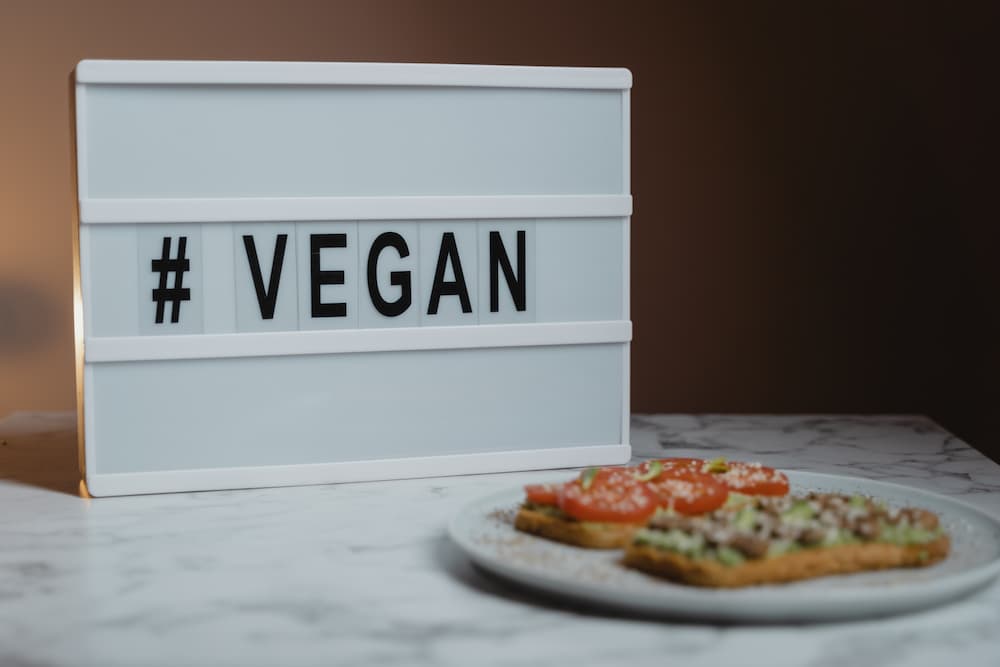FREE UK Delivery £25+
FREE UK Delivery £25+
Blog
about us
account
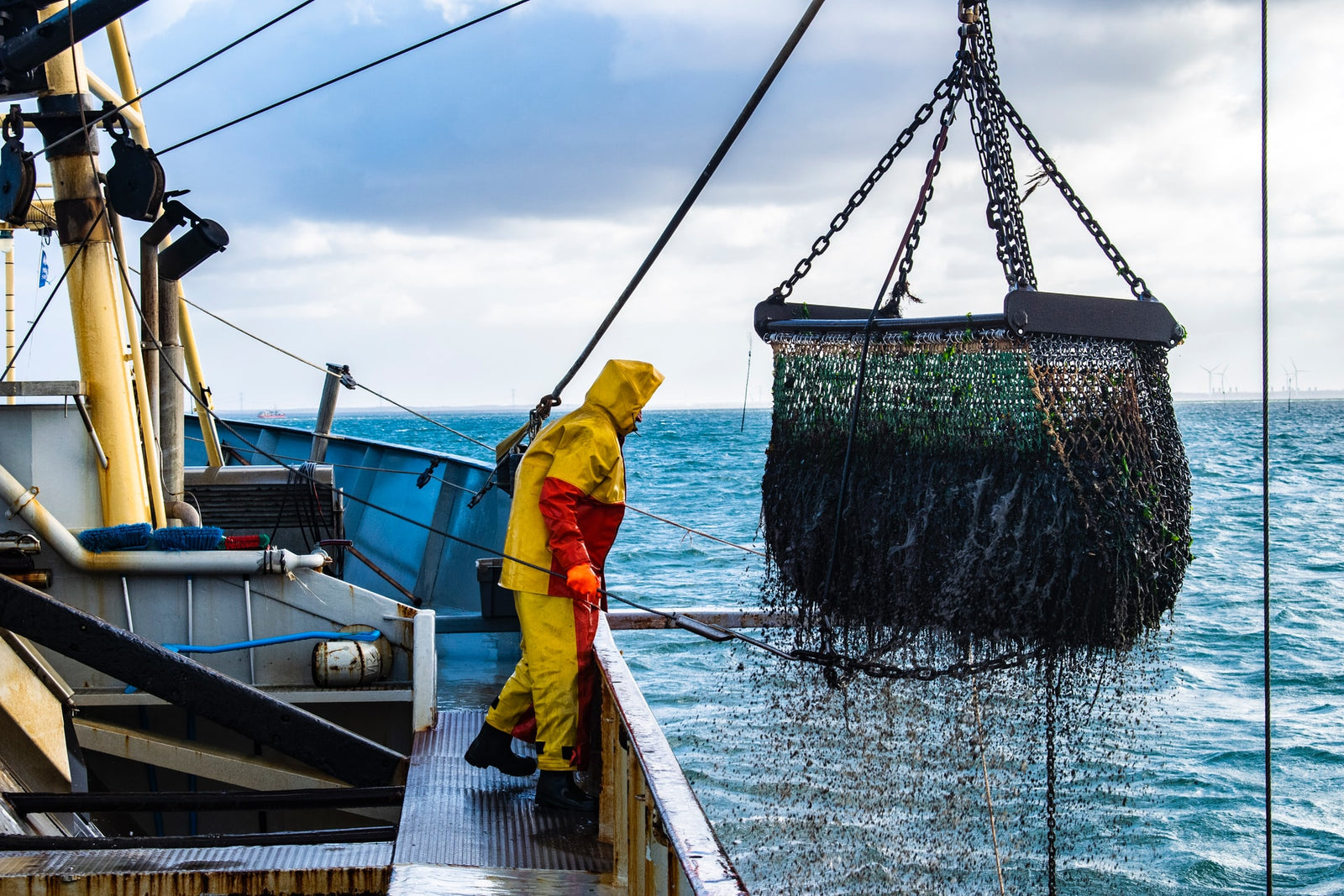
Omega-3... What fish oil companies don’t want you to know!
December 11, 2019 2 min read
Question: Where does Omega-3 really come from?
-
Oceanic Fish
-
Oily Fish
-
Seaweed
(Answer: None of the above, Omega-3 fatty acids can be “found” in fish BUT, they actually originate in micro-algae...the natural source!!)
Fish obtain all of their Omega-3 and Omega-6 fatty acids from the food that they eat like smaller fish and of course Algae.
Algae synthesise the Omega-3 oils, then tiny crustaceans called krill eat the algae and then fish eat the krill; concentrating the DHA in a nice, convenient, fishy package (assuming that we’re not concerned by the build up of heavy metals like mercury and other pollutants floating around in the world’s oceans!)

Traditionally fish oil or cod liver oil supplements have been the go-to source of Omega-3 around the world. Even vegetarians and vegans would often have to compromise on their values and take these supplements to meet their Omega-3 requirements.
Luckily, it is possible to side-step this entire process and obtain healthy vegan DHA straight from the algae, which can be grown in tanks and harvested once they’ve created a stockpile of healthy oil.
We strongly believe that algae are the best possible source of Omega-3 fatty acids.
The DHA found in algae is clean, easy to digest and very bioavailable. It’s nature's original source of Omega-3!
It’s also bundled with a number of other, beneficial compounds like the phytosterol compounds campesterol, and sitosterol, which have been shown to reduce serum cholesterol levels (52).
We’ve actually written a more detailed blog on fish oil vs. algae Omega-3.
Summary: Algae-based supplements are also environmentally friendly, ethical and 100% sustainable, which means that you don’t have to worry about them having a devastating environmental impact to our planet unlike fish oils.
References
(52) https://www.ncbi.nlm.nih.gov/pmc/articles/PMC5793051/
Leave a comment
Comments will be approved before showing up.
Also in The Omvits Blog

The Power of Running: How a 200 Mile Run to Wales Became a Meaningful Journey for a Great Cause
May 03, 2023 3 min read
We interviewed Andrew Thomas, who was preparing for a 200-mile marathon from London to Wales to raise funds for Maggie's Cancer. Read the article to know more about his adventure!
Subscribe
Sign up to get the latest on sales, new releases and more …
Recent Articles
-
The Power of Running: How a 200 Mile Run to Wales Became a Meaningful Journey for a Great Cause
May 03, 2023
-
Sneaky Ingredients To Watch Out For If You're Vegan
January 11, 2022
-
How To Do Veganuary If You’re On A Super Tight Budget
January 11, 2022
-
How To Satisfy Meat & Fish Cravings During Veganuary
January 11, 2022
-
Common Pitfalls Of Veganuary And How To Avoid Them
January 11, 2022
-
Simple Nutrition Advice For Veganuary And Beyond
January 11, 2022
-
Best Vegan Meat Alternatives To Try This Veganuary
January 11, 2022
-
5 Ocean Friendly Clothing Brands To Check Out This Month
June 21, 2021
-
12 Incredible Ocean Conservationists To Support This June
June 16, 2021
-
How To Do Something For World Ocean Day If You Can't Get To A Beach
June 08, 2021

